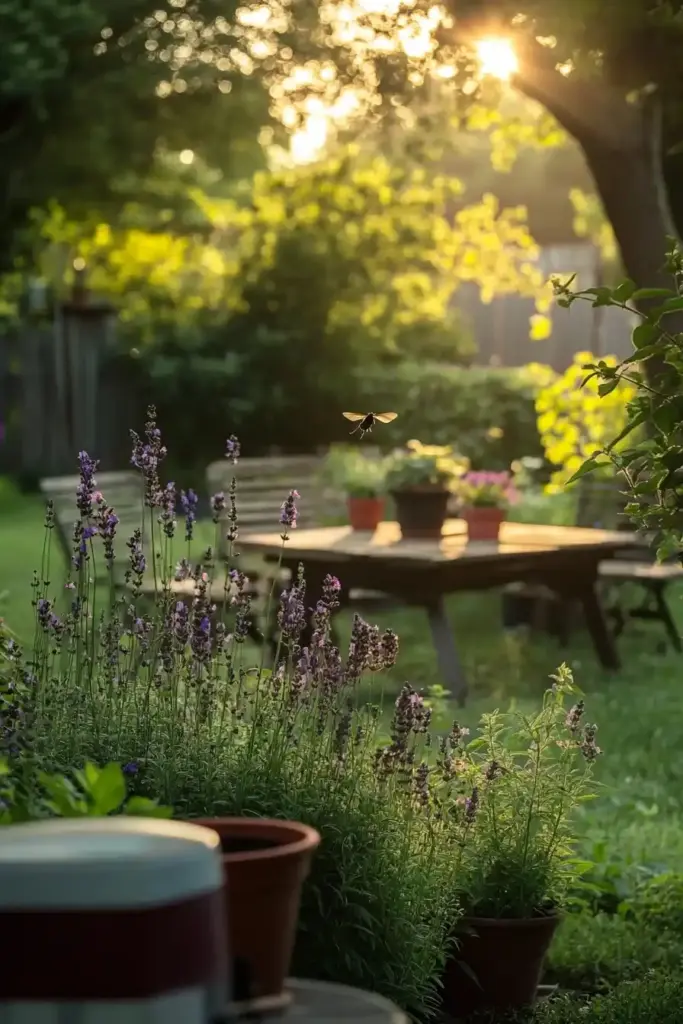When the weather warms up, there’s nothing better than spending time outdoors—whether you’re grilling, gardening, or just lounging on the patio. But nothing ruins that peaceful moment faster than the high-pitched buzz of a mosquito. The good news? You don’t have to reach for chemical sprays to enjoy your backyard in peace. With a thoughtful selection of plants that repel mosquitoes, you can naturally keep these pesky insects at bay—and create a more beautiful garden while you’re at it.
🌱 Why Choose Plants That Naturally Repel Mosquitoes?
Mosquitoes aren’t just an itchy nuisance—they’re carriers of serious diseases like West Nile virus, Zika, and even heartworm in pets. While many commercial bug repellents promise quick results, they often come with harsh chemicals like DEET that pose health and environmental concerns.
Thankfully, nature offers its own solution. Many plants emit fragrances or oils that mosquitoes find downright unbearable. By growing these plants in strategic spots around your yard, garden, or patio, you can build a natural barrier that’s both eco-friendly and effective.
Plus, these mosquito-repelling plants often come with extra perks: they attract pollinators, add beauty to your landscape, and some are even edible or medicinal!
🌼 Top Plants That Repel Mosquitoes Naturally
Here’s a handpicked list of some of the most effective mosquito-repelling plants you can add to your garden. These plants don’t just keep the bugs away—they’re also beautiful, fragrant, and surprisingly low-maintenance.
🌾 1. Citronella Grass (Cymbopogon nardus)
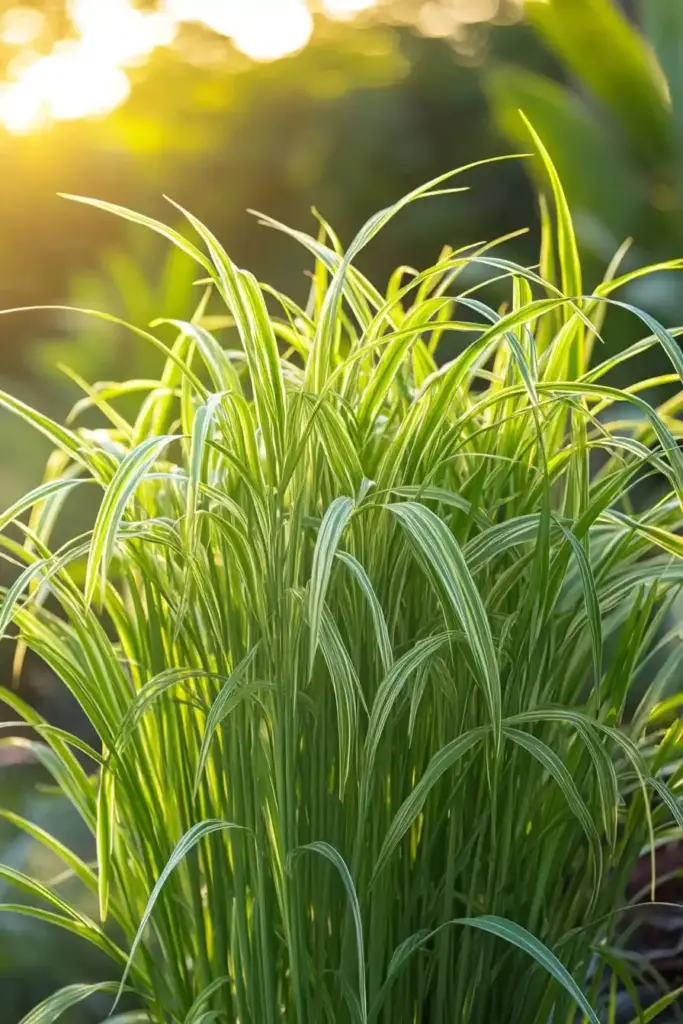
You’ve probably heard of citronella candles, but did you know the real mosquito-fighting power comes from the plant itself? Citronella grass, often confused with lemongrass, contains high levels of citronellol—an oil that mosquitoes hate.
- Best for: Warmer climates or container gardening
- Care tips: Needs full sun, well-drained soil, and protection from frost
- Pro tip: Crush the leaves to release the strongest scent
🌿 2. Citronella Geraniums (Pelargonium ‘Citronella’)
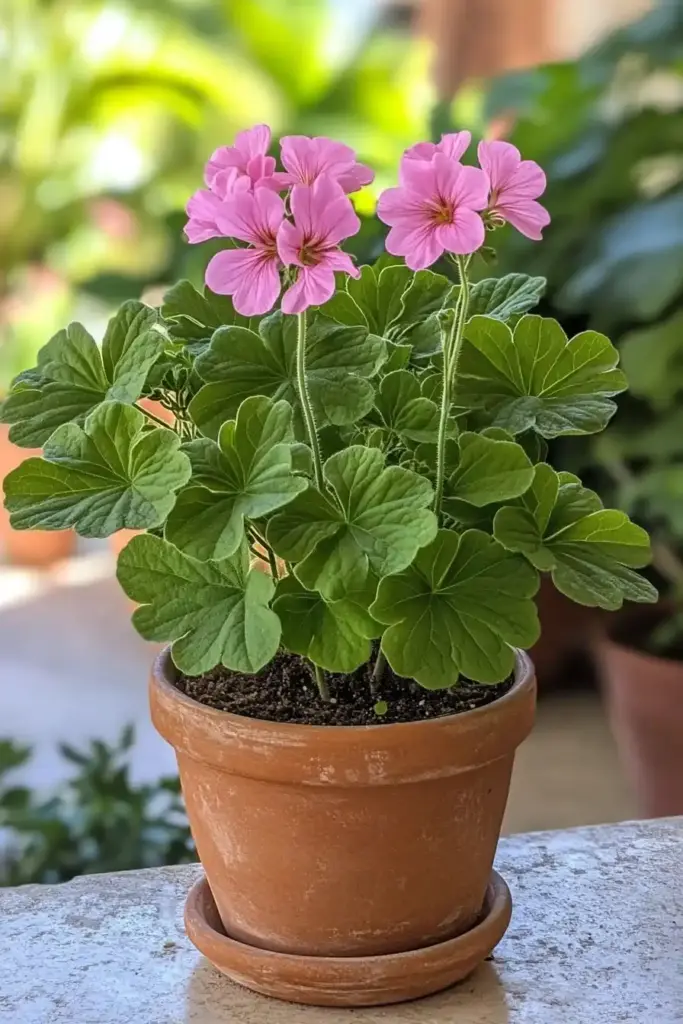
Also known as mosquito plants, citronella geraniums are not just ornamental—they’re aromatic warriors against insects. Their lemony-scented leaves release mosquito-repelling oils when crushed.
- Ideal for: Patios, balconies, and container gardens
- Care tips: Drought-tolerant, prefers full sun, and thrives in slightly dry soil
- Fun fact: No need to fertilize—these tough plants prefer poor soil!
💜 3. Lavender (Lavandula spp.)
We might love lavender for its calming scent, but mosquitoes can’t stand it. This purple-blooming powerhouse is not only gorgeous but also useful for sleep aids and essential oils.
- Great for: Sunny borders and pollinator gardens
- Care tips: Needs full sun, dry soil, and regular deadheading for more blooms
- Bonus: Attracts bees and butterflies while repelling pests
🐱 4. Catnip (Nepeta cataria)
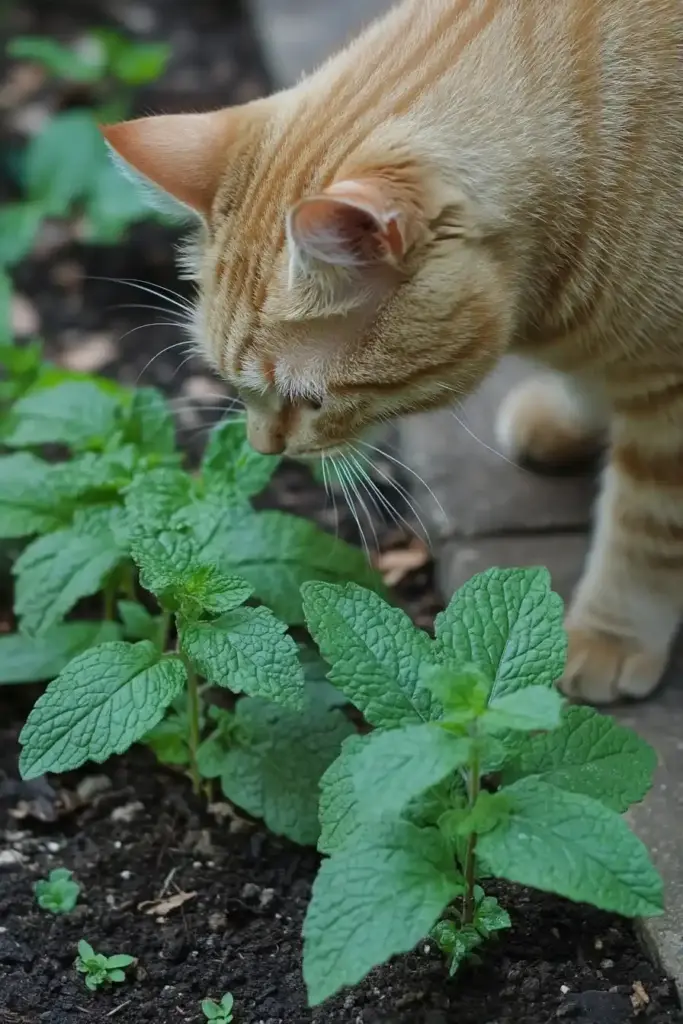
Famous for driving cats wild, catnip contains nepetalactone—a compound that’s actually more effective than DEET in repelling mosquitoes, according to scientific studies.
- Best grown in: Full sun with well-draining soil
- Caution: Can be invasive, so use containers or edge barriers
- Double-duty: Keeps bugs away and entertains your feline friends
🍋 5. Lemon Balm (Melissa officinalis)
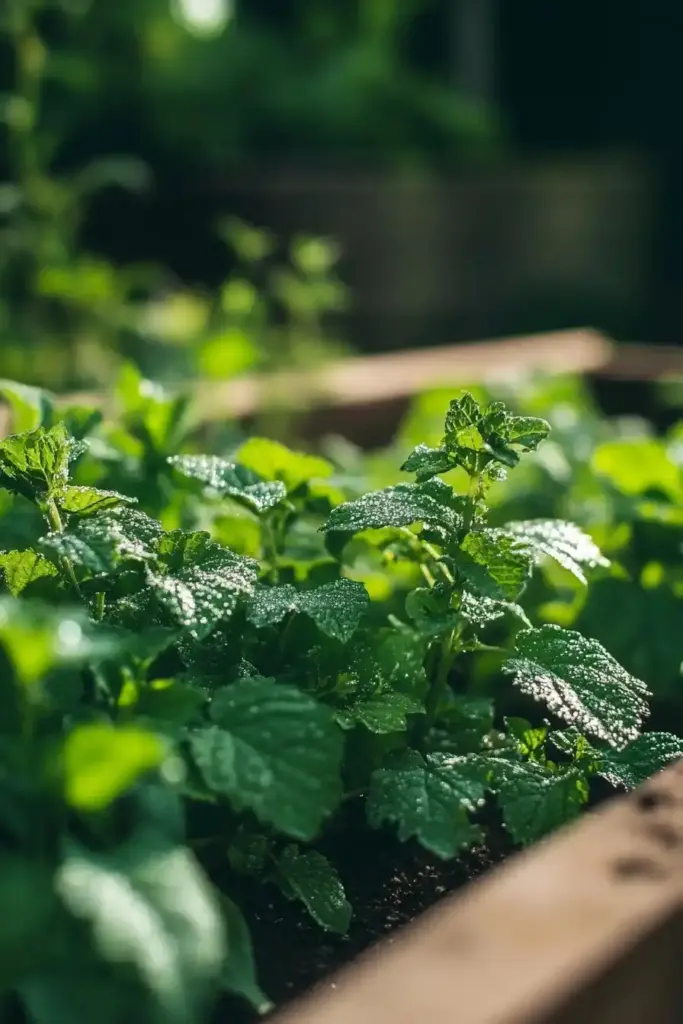
This citrus-scented herb is a member of the mint family, and mosquitoes find its smell unbearable. Bonus: You can use it in tea for a calming evening brew.
- Thrives in: Partial shade with moist soil
- Care note: Like other mints, it spreads fast—contain it in pots or raised beds
- Extra use: Crush leaves for a quick outdoor rub-on repellent
🌼 6. Marigolds (Tagetes spp.)
These bright, cheerful flowers do more than just beautify your yard—they emit a distinct scent containing limonene and tagetone, which mosquitoes (and other garden pests) can’t tolerate.
- Ideal for: Borders, vegetable gardens, and patio containers
- Growing tips: Loves full sun and well-drained soil
- Garden bonus: Repels aphids, whiteflies, and squash bugs too
🌿 7. Lemongrass (Cymbopogon citratus)
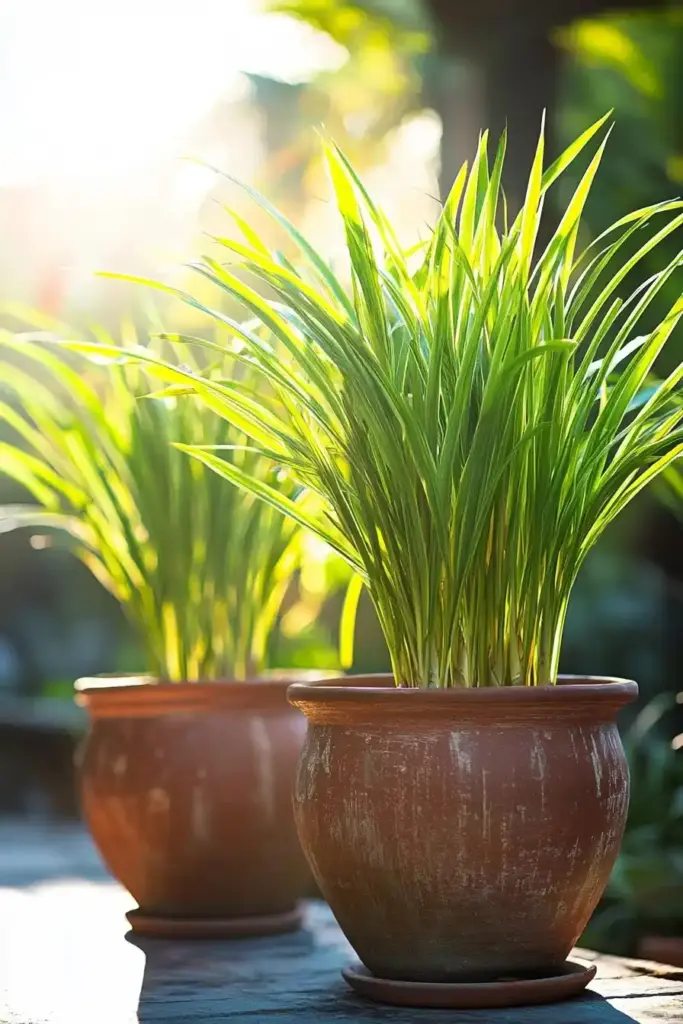
Often used in Asian cuisine, lemongrass packs a punch with its lemony scent—and mosquitoes steer clear of its natural oils. It’s not to be confused with citronella grass, although they’re botanical cousins.
- Best climate: Warm, sunny areas (zones 9-11)
- Care tips: Keep soil moist and fertilize every few weeks
- Culinary tip: Great for teas, soups, and marinades
🌿 8. Rosemary (Rosmarinus officinalis)
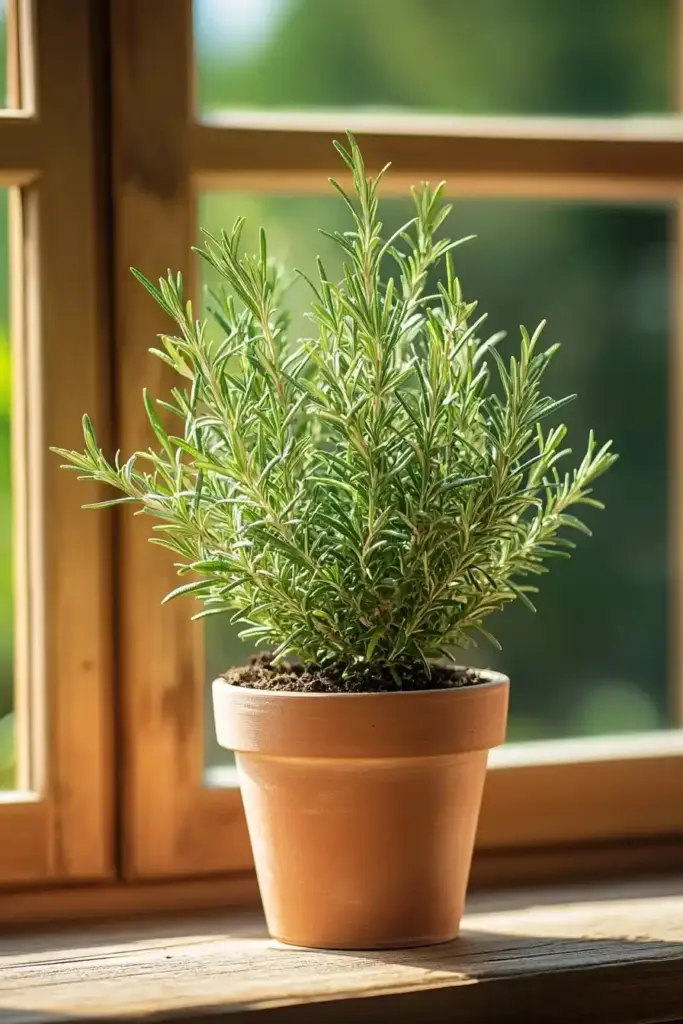
This aromatic herb isn’t just a kitchen favorite—it’s also a mosquito deterrent. Its strong pine-like scent contains borneol and pinene, two natural compounds that bugs avoid.
- Thrives in: Hot, dry climates and containers
- Watering needs: Let soil dry out between waterings
- Bonus use: Toss sprigs into a fire pit to ward off bugs during backyard hangs
🌱 9. Basil (Ocimum basilicum)
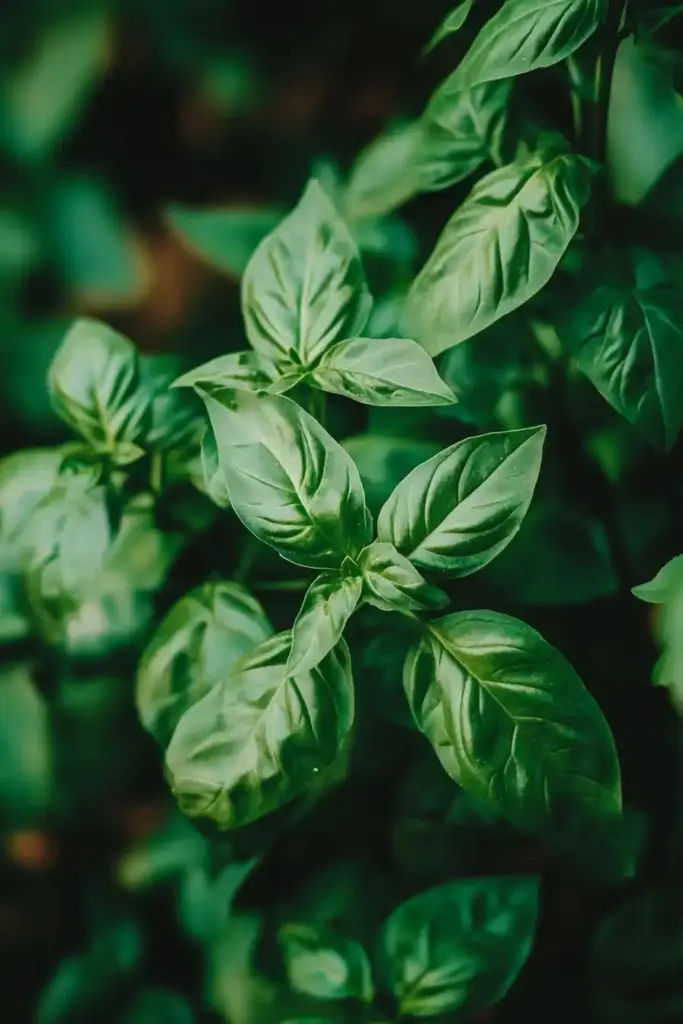
This must-have herb does double duty by repelling mosquitoes and jazzing up your favorite dishes. All varieties of basil—Thai, lemon, sweet—are effective repellents.
- Planting tips: Needs plenty of sun and damp (not soggy) soil
- Pro gardening tip: Pinch off flower buds to encourage leafy growth
- Culinary perks: Adds a fresh kick to pasta, pizza, and salads
🔥 10. Sage (Salvia officinalis)
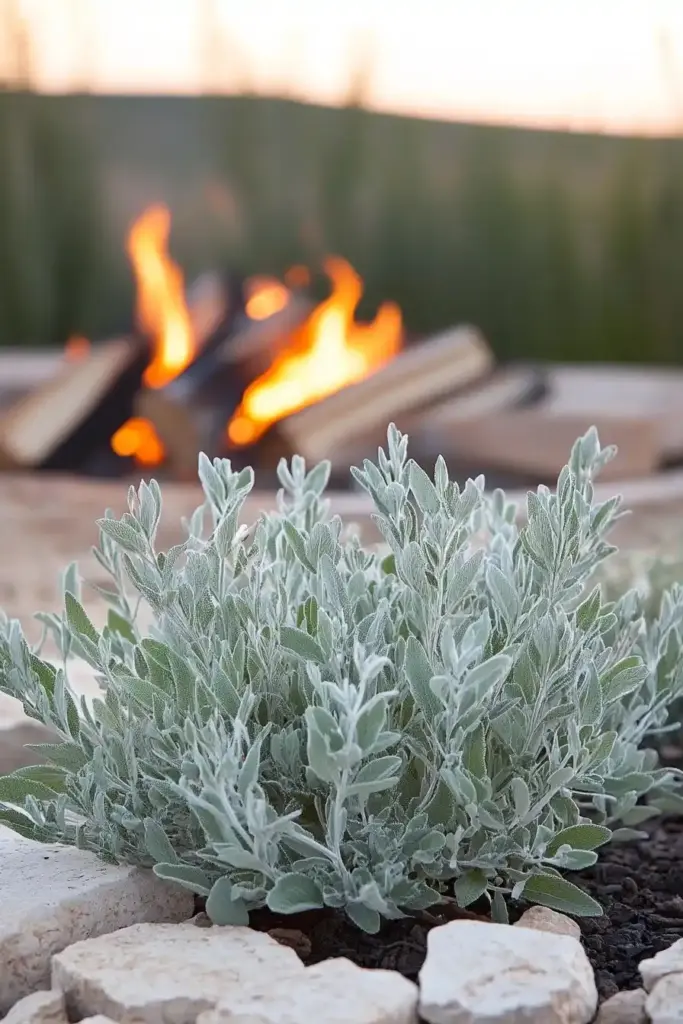
If you love campfires or evening fire pits, sage is your smoky-scented ally. Burning sage leaves releases earthy oils that mosquitoes can’t tolerate.
- Perfect for: Fire pit lovers and herb gardens
- Care tips: Grows in full sun, with minimal water needs
- Pro tip: Keep some dried sage handy for bug-repelling bonfires
🌿 11. Peppermint (Mentha × piperita)
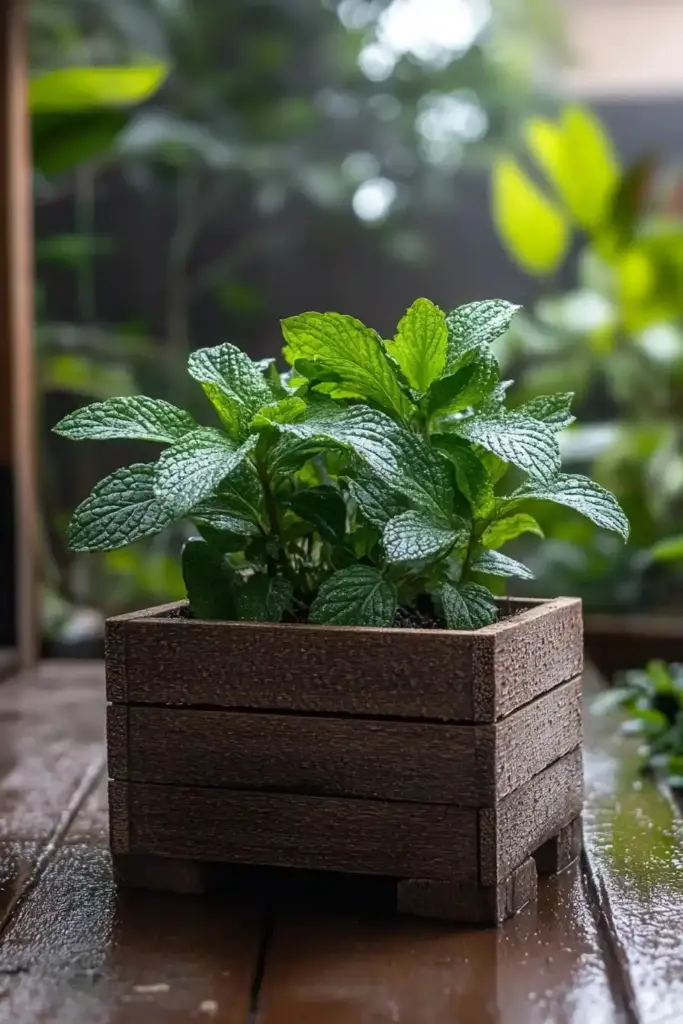
Fresh, fragrant, and fast-growing, peppermint is another member of the mint family that’s known for sending mosquitoes packing. Its sharp menthol aroma disrupts mosquitoes’ sense of smell.
- Grows best in: Partial shade with consistent moisture
- Container-friendly? Absolutely—do it to prevent invasiveness
- Extra use: Add leaves to cocktails, tea, or homemade bug spray
🌸 12. Bee Balm (Monarda spp.)
Bee balm is a vibrant perennial that not only deters mosquitoes but also attracts pollinators like bees, butterflies, and hummingbirds. It contains thymol, a natural insect repellent.
- Likes: Full sun (with a bit of afternoon shade in hotter zones)
- Care tips: Keep soil moist and deadhead spent blooms
- Bonus: Adds color and movement to any pollinator-friendly garden
💜 13. Ageratum (Ageratum houstonianum)
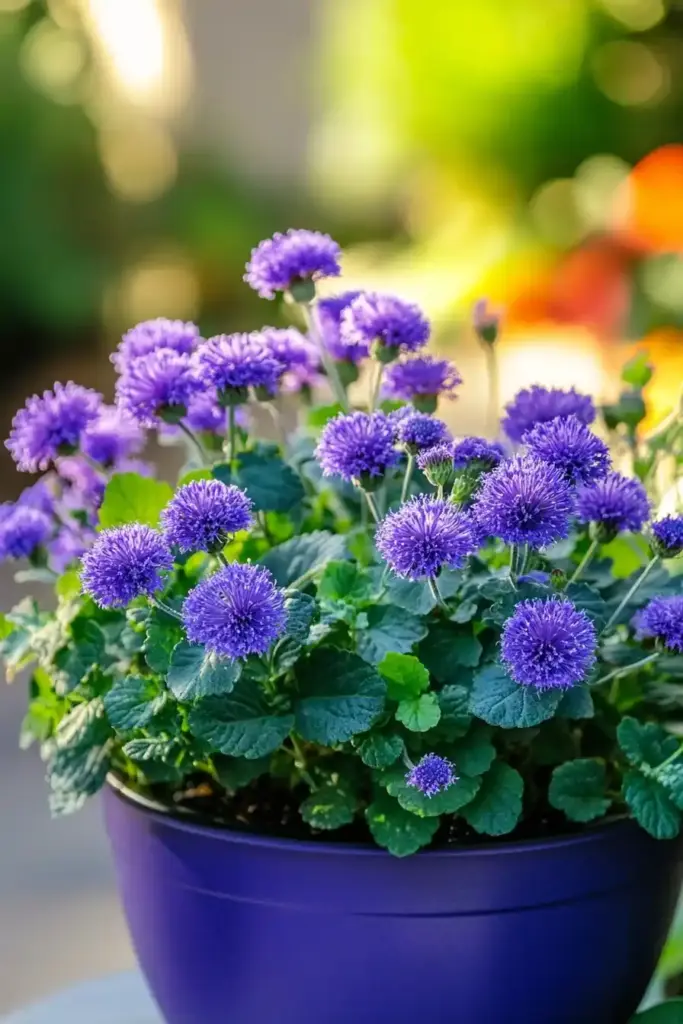
Also called floss flower, ageratum produces clusters of fluffy blue-purple blooms. It gives off coumarin, a compound that’s highly unpleasant to mosquitoes.
- Best for: Garden borders or containers
- Sun preferences: Partial sun with well-drained soil
- Watering: Regular but not soggy—keep it consistently moist
🌿 14. Eucalyptus (Eucalyptus spp.)
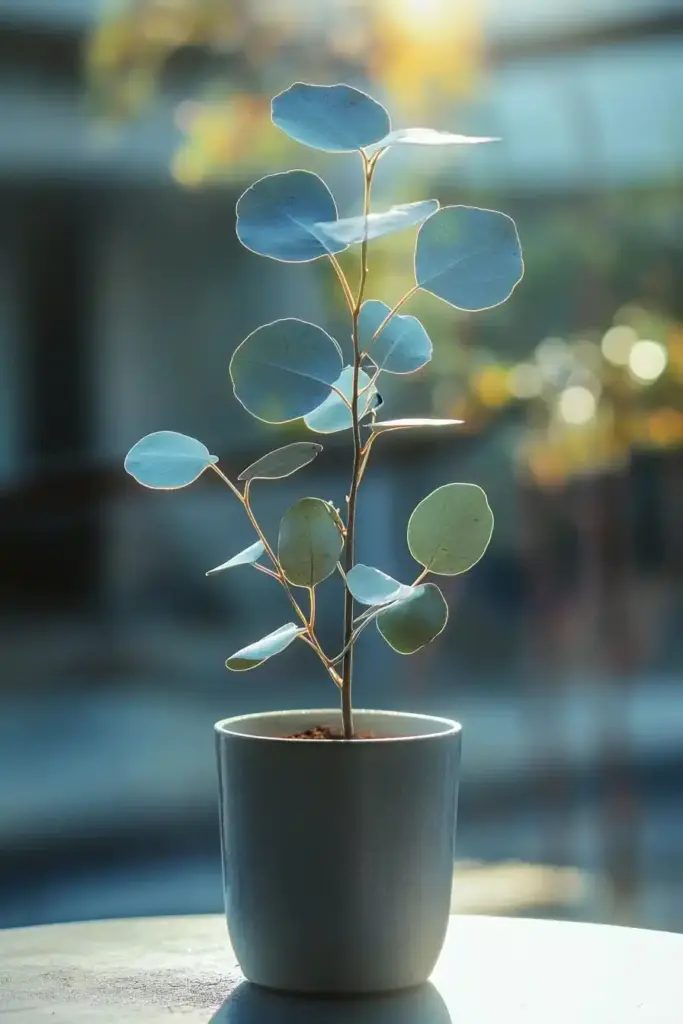
This tall, fragrant tree contains natural oils like limonene and pinene that have proven mosquito-repelling properties. It’s also a great addition for a spa-like vibe in your garden.
- Grow it in: A pot if you’re in a cooler climate (it’s frost-sensitive)
- Benefits: Can double as a natural cold remedy when hung in the shower
- Important tip: Prune regularly to manage its fast growth
⚠️ 15. Pennyroyal (Mentha pulegium)
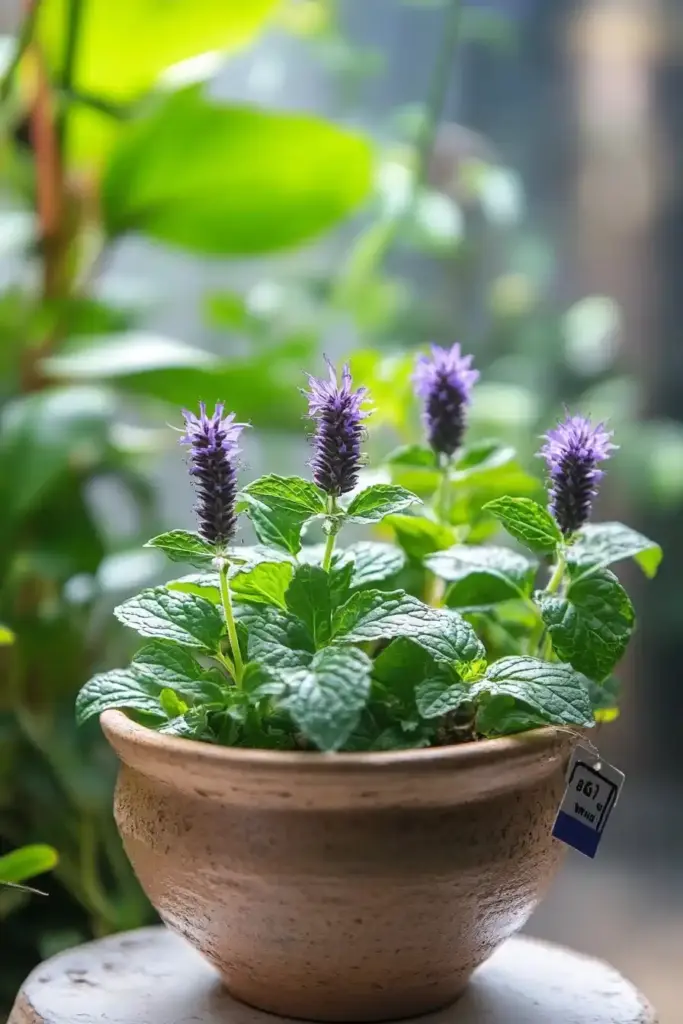
Pennyroyal is a powerhouse herb in the mint family that produces a pungent aroma mosquitoes hate. However, it’s toxic if ingested, so it must be used with caution.
- Best suited for: Container gardens (to prevent spreading and control access)
- Toxicity warning: Keep away from kids and pets
- When to use: Great for outdoor spaces where you can monitor it closely
✅ Quick Recap: Build a Mosquito-Free Garden the Natural Way
There’s no need to coat your yard in harsh chemicals just to enjoy a bite-free summer. With a strategic mix of plants that repel mosquitoes, you can create a lush, fragrant outdoor sanctuary that not only keeps the bugs away but also boosts your garden’s beauty and biodiversity.
🌿 Final Thoughts: Let Nature Do the Work
When it comes to repelling mosquitoes, your garden can be your greatest ally. From bold herbs like rosemary and basil to fragrant flowers like lavender and marigolds, there’s a wide variety of plants that repel mosquitoes naturally—and beautifully.
Whether you’re planting directly in garden beds or arranging pots on a patio, these mosquito-repelling plants provide a chemical-free, eco-friendly way to reclaim your outdoor space. Plus, many offer bonus benefits: they attract pollinators, enhance your cooking, and boost your garden’s aesthetic.
Start small or go big—either way, nature’s got your back when it comes to outdoor comfort.


